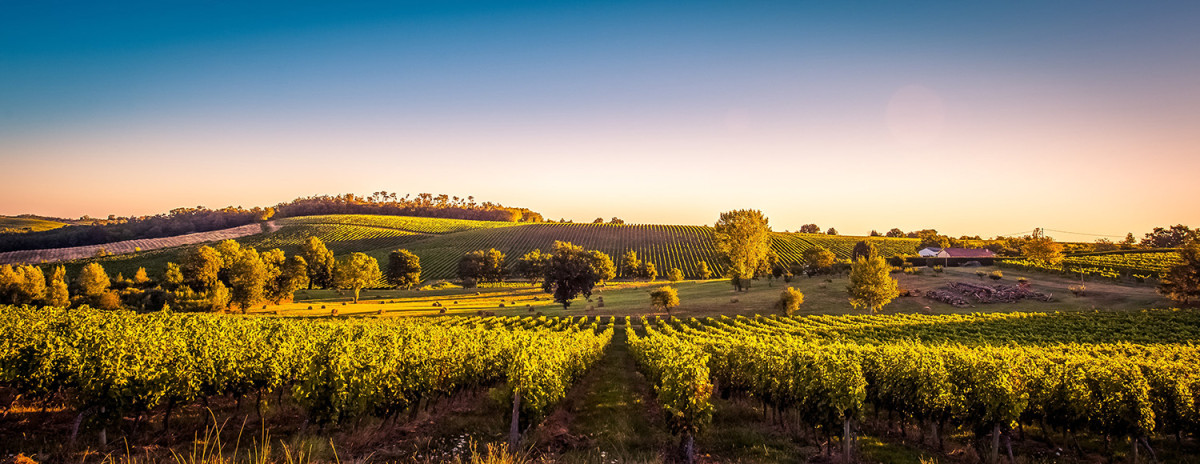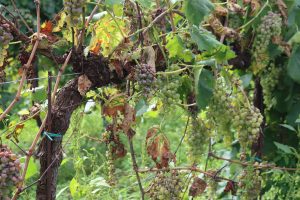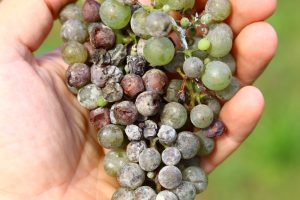Summer brings new challenges for vineyards, with the appearance of various pathogens. While downy mildew is a concern in spring due to frequent rainfall, summer sees the prevalence of other harmful diseases that can impact on grape quality.
What diseases commonly affect vines in summer?
Oidium and Black Rot are two pathogens that can seriously affect leaves and bunches during growth and veraison. Powdery mildew, in particular, does not require rain or leaf wetness to develop, making it a threat even in summer, which is generally a less rainy period.Black Rot, on the other hand, poses the greatest threat to vines during the critical phenological phase between the fall of the flower caps and veraison.
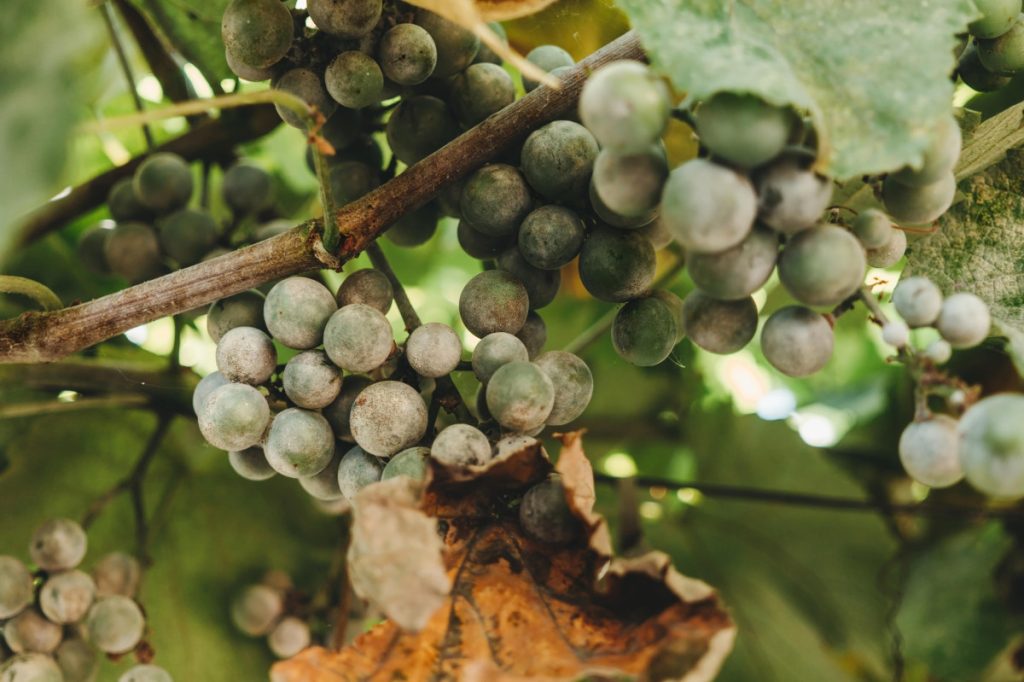
Post-veraison, grey rot, or botrytis, is particularly problematic. This fungus feeds on the sugars contained in the berries, damaging the bunches and encouraging the development of acid rot. It also imparts unpleasant odours and flavours to the wines produced.
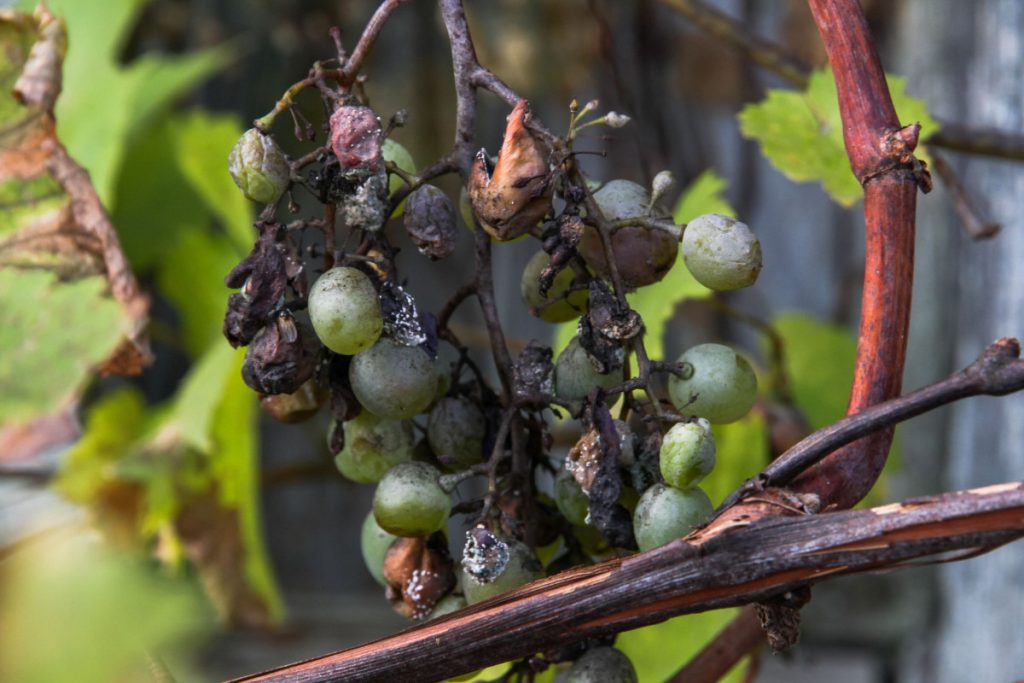
Major consequences for vineyard health and wine quality
The impact of these diseases on vineyard health can be devastating, reducing both yield and quality of the harvest. Grapes affected by these pathogens often lead to wines with undesirable aromas and tastes, far from the desired quality level.
Prevention : an effective strategy
Proactive control and prevention strategies are essential to protect vineyards from these summer diseases.

Vineyard maintenance for optimum management
It is important to select resistant grape varieties and prune properly to improve air circulation and reduce humidity, which limits the development of pathogens. Frequent inspection of the vines allows early detection of the first signs of disease. It is crucial to intervene immediately when symptoms appear to prevent the spread of disease.
The application of specific fungicides and biocontrol products, such as plant extracts or antagonistic micro-organisms, must be carried out in accordance with recommended treatment schedules or the predictions of disease DSTs (Decision Support Tools).
In the case of a plot sensitive to black rot, it is useful to use anti-mildew or anti-oidium products that also have an anti-black rot action to have a comprehensive defense strategy.
Vigilance for high-performance vineyards
Even in the drier summer months, we must not lower our guard. Vigilance and early intervention are crucial to maintaining healthy vineyards and guaranteeing high-quality wine production. Decision support systems (DSS), such as Vintel®, provide precise alerts on disease pressures. This enables winegrowers to optimise treatment timings and implement effective preventive measures, thereby enhancing vine protection and securing the future harvest against summer diseases.
Contact us now and ask for a demo!



